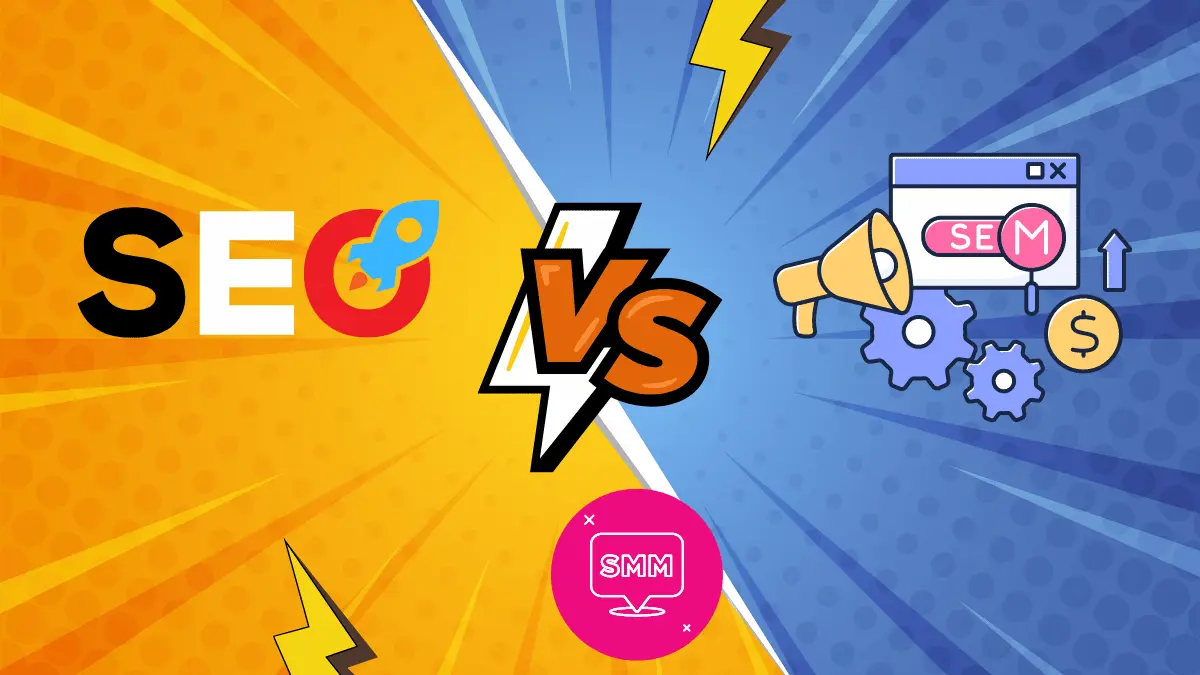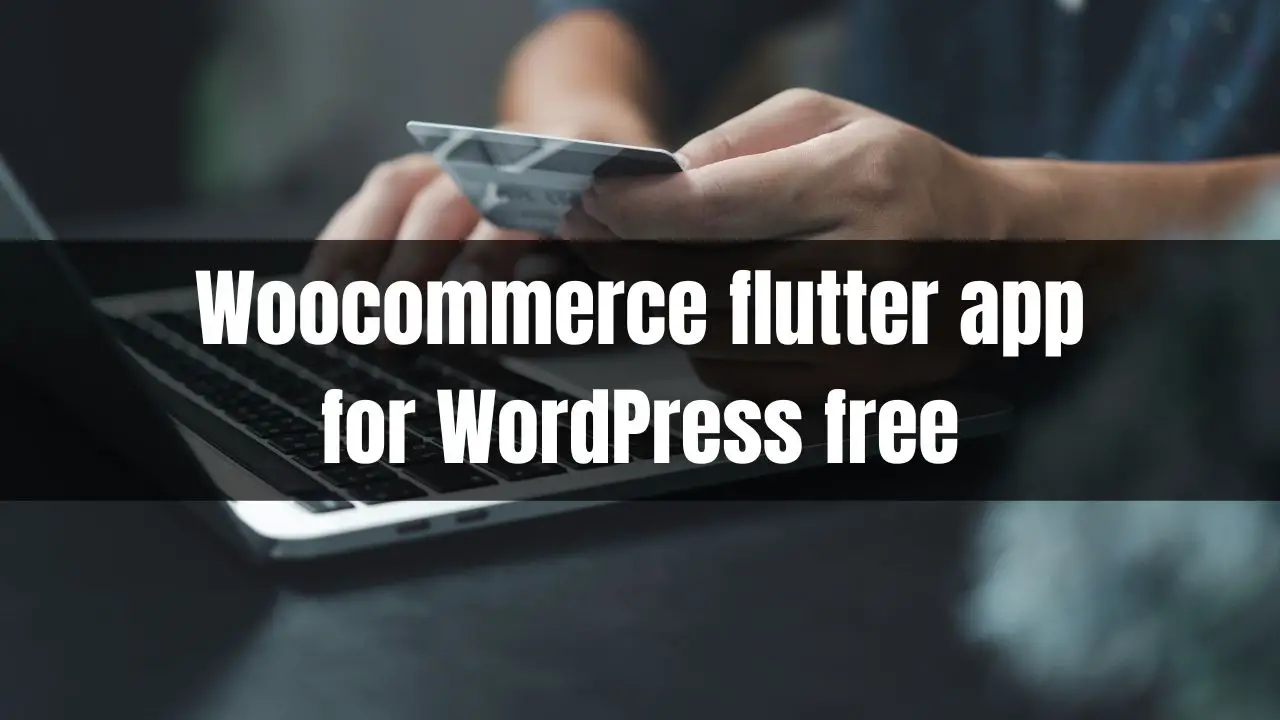In today’s digital landscape, businesses need to establish a strong online presence to reach their target audience effectively. Search engine optimization (SEO), search engine marketing (SEM), and social media marketing (SMM) are three essential strategies that can help you achieve this goal.
But which one is best suited for your business? Let’s dive into the intricacies of each approach and explore its advantages and disadvantages.
SEO
Search engine optimization (SEO) focuses on improving a website’s visibility and ranking on search engine results pages (SERPs). It involves optimizing various on-page and off-page factors to attract organic traffic. By leveraging keywords, relevant content, and high-quality backlinks, SEO aims to boost a website’s authority and relevance in the eyes of search engines like Google.
Pros of SEO:
- Long-term results: SEO provides lasting benefits by establishing a strong foundation for your website’s online presence.
- Cost-effective: Unlike paid advertising, SEO doesn’t require a continuous budget for clicks or impressions.
- Credibility and trust: High organic rankings instill trust in users, leading to increased brand credibility.
Cons of SEO:
- Time-consuming: Achieving significant SEO results can take time, as it involves optimizing various aspects of your website and waiting for search engines to index and rank it.
- Constant algorithm updates: Search engines regularly update their algorithms, requiring ongoing adjustments to maintain or improve rankings.
- Limited control: While you can optimize your website, you ultimately rely on search engines to determine your rankings.
SEM
Search engine marketing (SEM) involves paid advertising to increase a website’s visibility on search engine results pages. It encompasses various pay-per-click (PPC) models, such as Google Ads, where advertisers bid on keywords relevant to their target audience. SEM offers immediate visibility and control over ad placements, making it a powerful tool for businesses looking to drive targeted traffic.
Pros of SEM:
- Immediate visibility: With SEM, your ads can appear on search engine results pages almost instantly, providing immediate exposure to your target audience.
- Targeted advertising: SEM allows you to display your ads to users actively searching for products or services similar to what you offer.
- Performance tracking: SEM platforms provide robust analytics, allowing you to track and optimize your campaigns based on real-time data.
Cons of SEM:
- Cost: While SEM offers immediate visibility, it requires continuous investment, as you pay for each click or impression.
- Ad fatigue: Users may become accustomed to seeing ads and develop “ad blindness,” resulting in reduced click-through rates over time.
- Limited organic presence: Unlike SEO, SEM relies solely on paid advertising, limiting your organic visibility in search engine results.
SMM
Social media marketing (SMM) leverages social media platforms like Facebook, Instagram, Twitter, and LinkedIn to promote a brand, engage with the target audience, and drive website traffic. SMM involves creating and sharing compelling content, running targeted ads, and building a community of loyal followers.
Pros of SMM:
- Broad audience reach: Social media platforms have billions of active users, providing an extensive audience base to tap into.
- Engaging content: SMM allows for creative and interactive content formats, fostering user engagement and brand loyalty.
- Targeted advertising options: Social media platforms offer advanced targeting capabilities, allowing you to reach specific demographics, interests, and behaviors.
Cons of SMM:
- Constant algorithm changes: Social media algorithms frequently evolve, impacting the visibility of your content and requiring ongoing adjustments.
- Paid advertising costs: While organic reach is possible on social media, effective SMM often involves paid advertising to maximize visibility and engagement.
- Time-consuming: Consistently producing quality content, engaging with the audience, and monitoring analytics require dedicated time and resources.
Choosing the Best Strategy for Your Business
Ultimately, the best digital marketing strategy for your business depends on various factors, including your industry, target audience, budget, and goals.
If you seek long-term organic visibility and are willing to invest time and effort, SEO can be an excellent choice. It can help you establish credibility, attract organic traffic, and achieve sustainable growth.
On the other hand, if you’re looking for immediate visibility and have a budget to allocate towards advertising, SEM can deliver fast results and targeted traffic to your website.
If building brand awareness, engaging with your audience, and tapping into the massive user base of social media platforms is your priority, then SMM may be the ideal strategy for you.
In reality, many businesses combine these strategies to create a comprehensive digital marketing approach. For instance, SEO can lay the foundation for long-term growth, while SEM and SMM can provide immediate visibility and reach.
It’s crucial to analyze your business goals, conduct market research, and consult with digital marketing professionals to determine the best combination of strategies that align with your unique needs.
Conclusion
In conclusion, SEO, SEM, and SMM each have their strengths and weaknesses. Understanding the intricacies of these strategies will empower you to make informed decisions that drive your business toward online success. So, whether you choose SEO, SEM, SMM, or a combination, remember to adapt and evolve your approach as the digital landscape continues to evolve.




